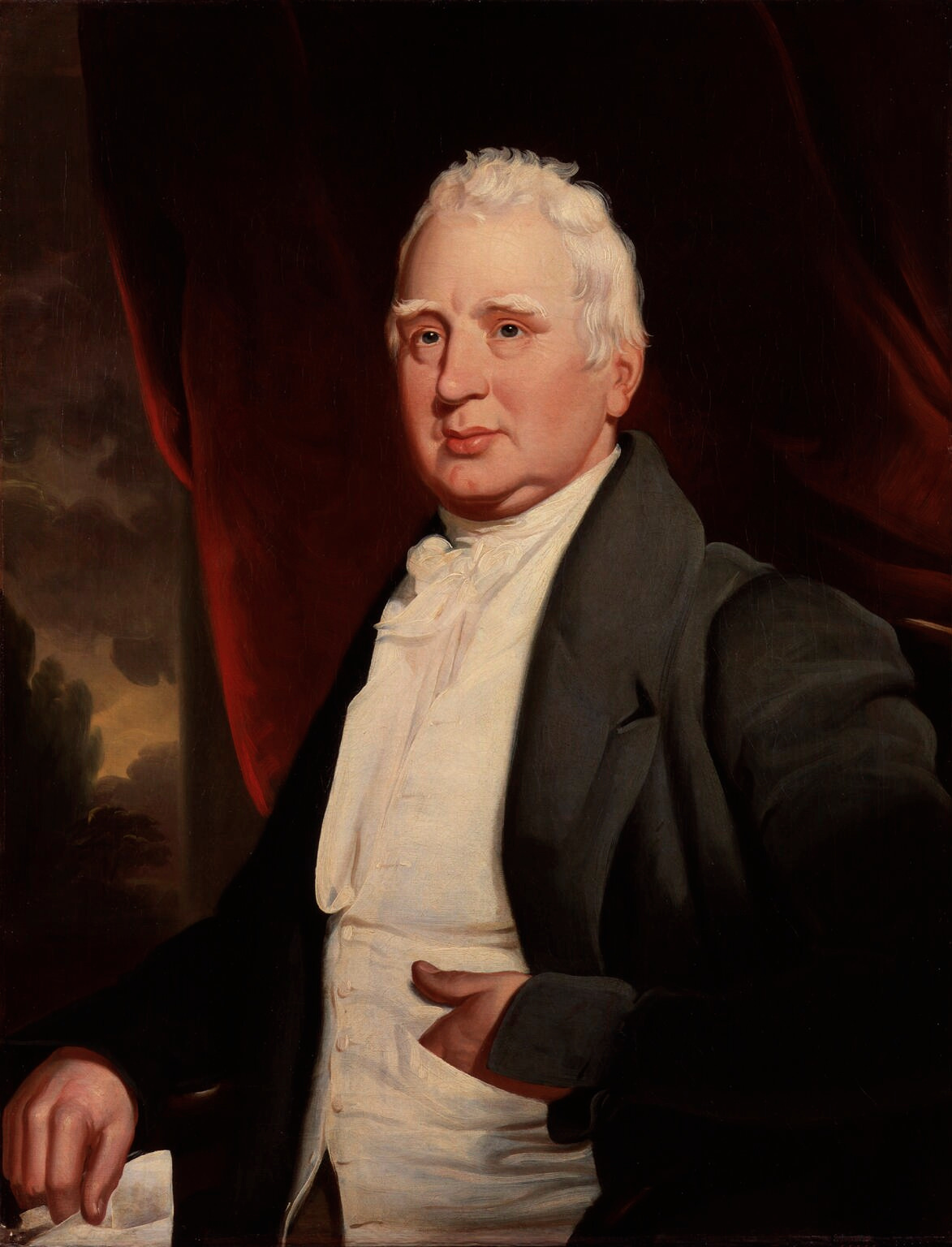It was, on the contrary, the greatest evil that and ever befell her. It was the primary cause of the present war, and of all the calamities which it has brought upon England and upon Europe. If England and the American States had continued united, they would have prevented France from disturbing the peace of the world. That fatal measure, though it has not curtailed our commerce, has created a power who will be capable of assisting France in any of her future projects against us, and whose neutrality, when France recovers her marine, must be purchased by us at the expense, first of commercial concessions, and, finally, by much more important sacrifices. In short, it laid the foundation of the ruin of the British empire, which can be prevented by nothing but a wisdom, and an energy, which have never yet marked the councils of our Government, in its transactions with the American States.
‘A Summary View of the Politics of the United States from the close of the War to the year 1794’, Porcupine's Works; containing various writings and selections, exhibiting a faithful picture of the United States of America, Volume I (1801), pp. 47–8
1790s
